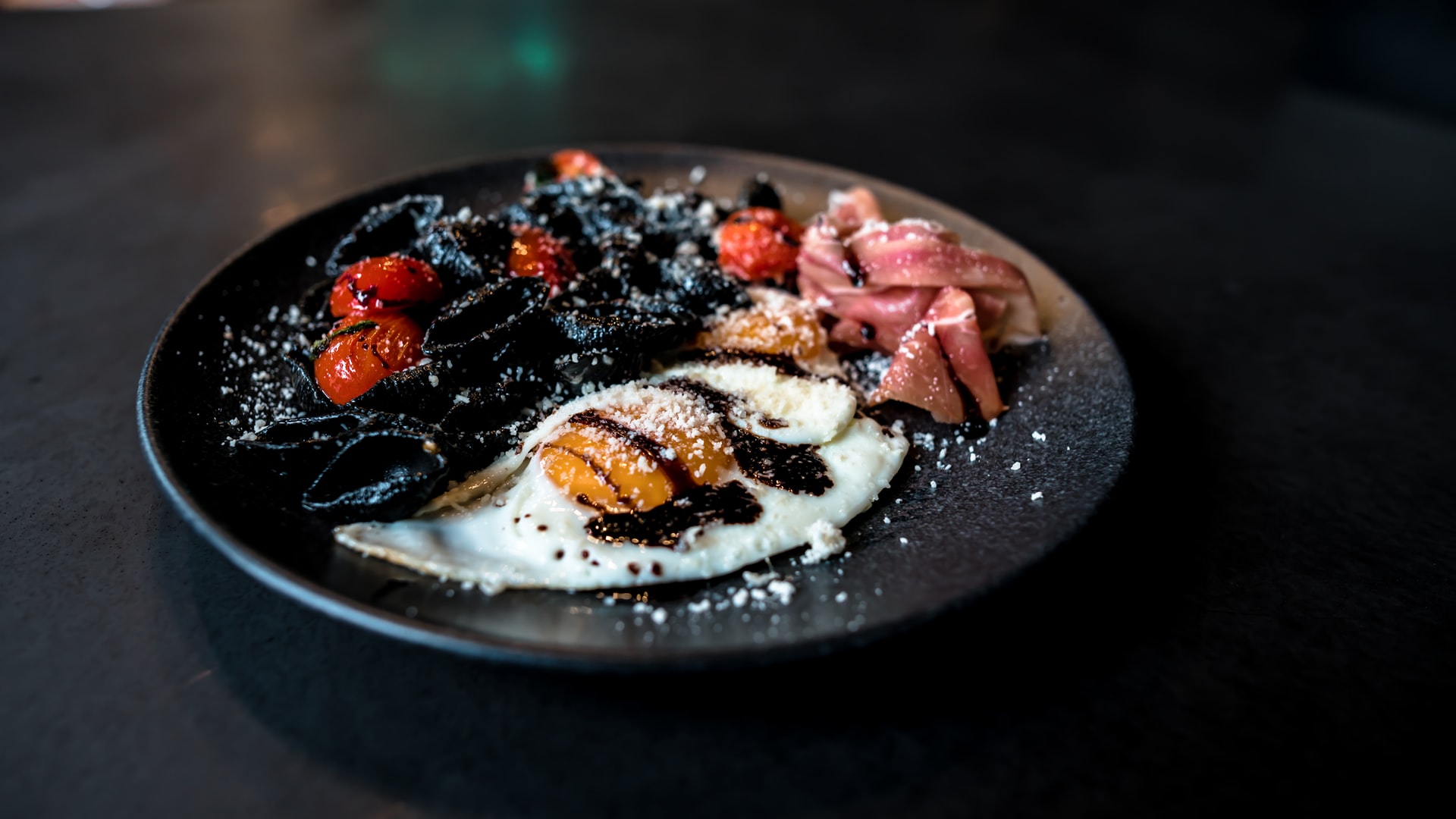Raise your hand if you’ve heard this before, “you are what you eat.” Our diet is a very important to our overall health. When you are making yourself dinner there are many key types of foods that should be incorporated. According to Choose My Plate, half of your plate should be fruits and vegetables (vary on your fruits & veggies), the other half should be whole grains, your diary should be from low-fat to fat free milk or yogurt, lastly your proteins make up for the rest of the plate and you should vary on those as well such as lean turkey or chicken.
The reason that half of your plate should include vegetables and fruits is because these types of foods provide your body with many types of essentials especially vitamins and minerals.
Before we go any further let’s just introduce you to some of the vitamins that your body needs and what your body needs them for:
- Vitamin A helps your body to form and maintain healthy teeth, bones, soft tissues and mucus membranes along with skin.
- Vitamin B6 helps the body form red blood cells and maintain brain function.
- Vitamin B12 helps the body with metabolism and also helps form red blood cells and maintain the central nervous system.
- Vitamin C is an antioxidant that promotes health teeth and gums in the body. This vitamin helps the body absorb iron and promotes wound healing.
- Vitamin D is also known as the “sunshine vitamin” since it is made by the body after sun exposure. It can be difficult to get enough Vitamin D from food sources so to increase your vitamin D levels 10-15 minutes of sunshine 3 times a week is enough to produce the body’s requirement of vitamin D, but don’t forget that sunscreen! Vitamin D also helps with Calcium absorption.
- Vitamin E is an antioxidant that helps form red blood cells and uses Vitamin K.
- Vitamin K is important because without it the blood would not stick together (coagulate).
- Biotin is important for metabolism of proteins and carbohydrates and the production of hormones and cholesterol.
- Niacin is a B vitamin that helps maintain healthy skin and nerves.
- Folate (folic acid) works with Vitamin B12 to form red blood cells and is needed for the production of DNA. Any woman who is pregnant should make sure that she is consuming enough folate, it is shown to lower birth defects such as spina bifida.
- Pantothenic acid is essential for metabolism of food, and it plays a role in production of hormones and cholesterol.
- Riboflavin (Vitamin B2) work with the other B vitamins and helps facilitate the body’s growth and production of red blood cells.
- Thiamine (Vitamin B1) helps the body’s cells to convert carbohydrates into energy. This is essential for heart health.
Now let’s talk about which foods to eat to ensure that you are eating enough of the above vitamins.
- Dark-colored fruits are a great source of Vitamin A
- Dark leafy vegetables are a great source of Vitamin A, E, & K
- Egg yolks are a great course of Vitamin A, K, Biotin, Niacin (Vitamin B3) and Vitamin B12.
- Milk/Dairy products are a great source of Vitamin A, D, Biotin, Pantothenic acid, Thiamine, & Vitamin B12
- Liver is a great source of Vitamin A, K, Biotin, and Vitamin B12
- Fish and Fish oils are a great source for Vitamin A, D, K and Niacin
- Avocado is a great source for Vitamin E, Niacin, and Pantothenic acid
- Papaya and Mangos are a great way to intake Vitamin E
- Cabbage and Cauliflower are great sources of Vitamin K
- Asparagus and broccoli are great sources of folate
We at Sure Cure encourage you to try and eat as many fruits and vegetables as possible. A quick and easy recipe which is guaranteed to not disappointment is an amazing fruit salad! You just chop up your favorite fruits and throw them together in a bowl and enjoy! This summer make that your go-to poolside snack! Summer is coming… 😉
Link: What is MyPlate?
Link: Vitamins
